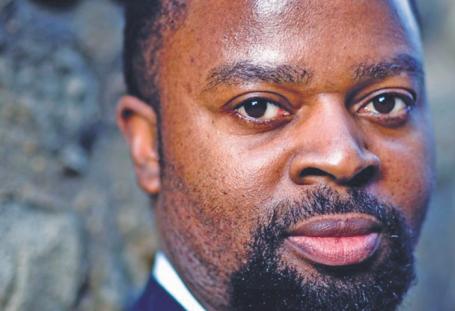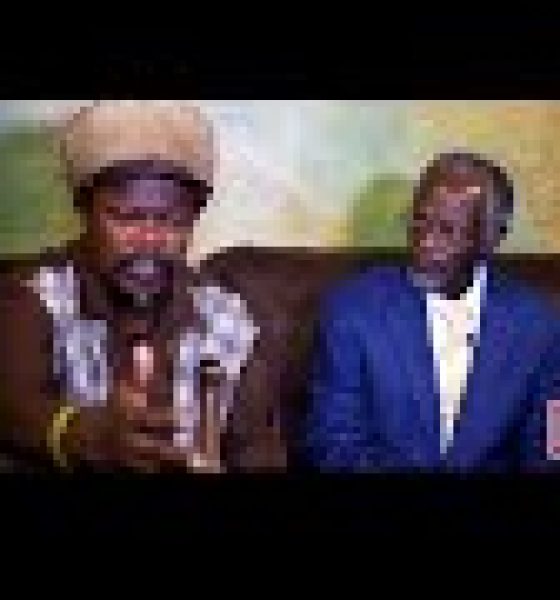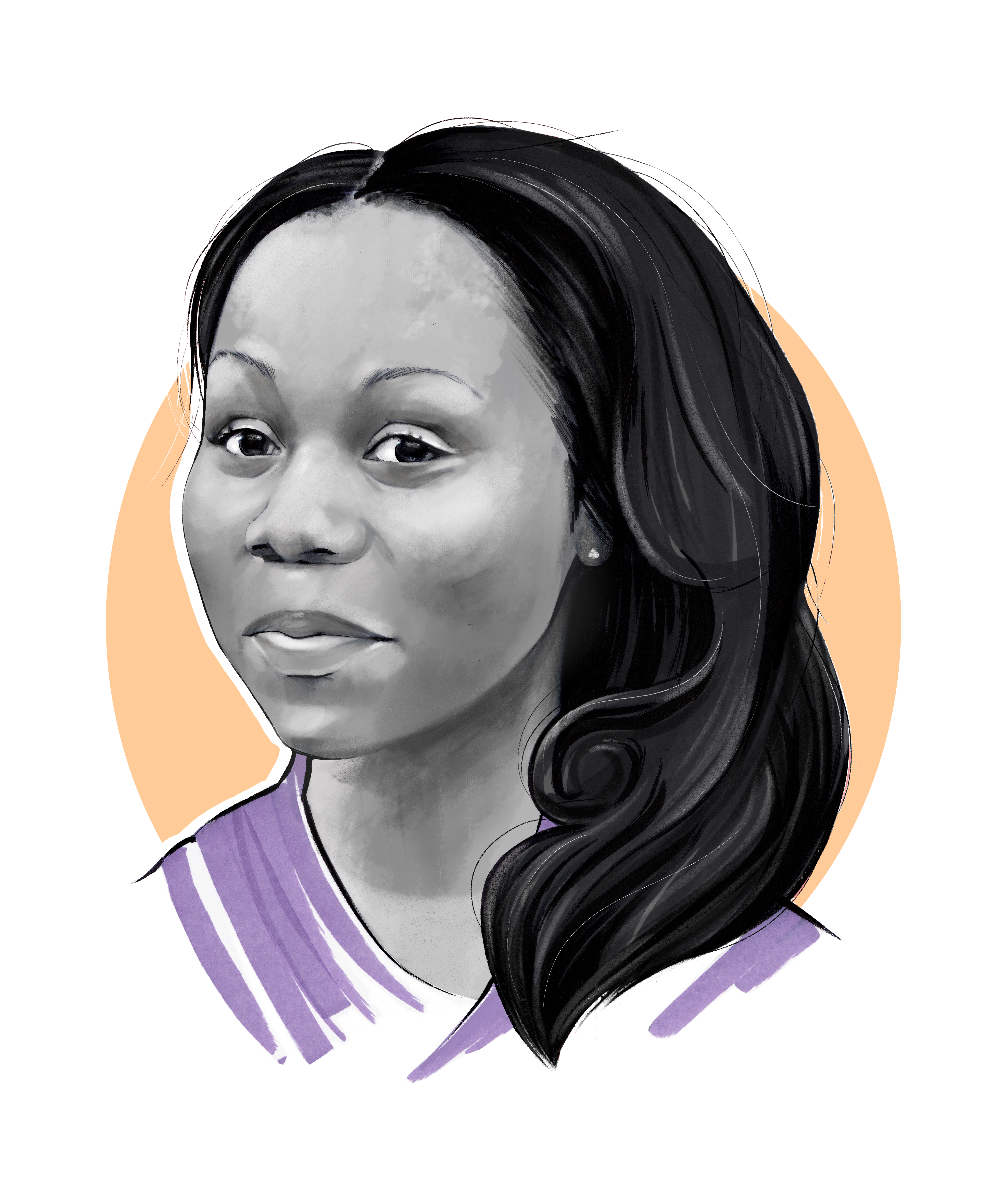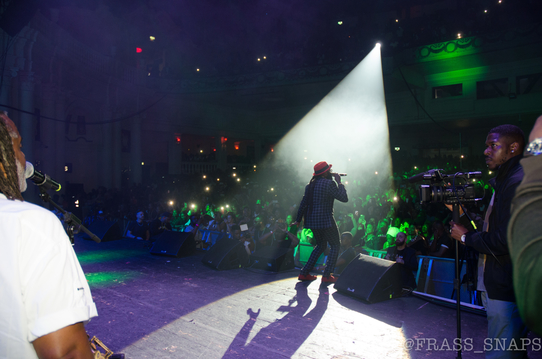
06/06/17
The British-Nigerian literary giant talks to Nadine White about the snap election, writers’ responsibility in times of conflict and showcasing his scriptwriting skills in a dazzling film debut
WRITERS DO not merely reflect and interpret life, they also inform and shape mass perspective.
A number of life-changing events have recently taken place in Britain: the Brexit vote, the Westminster, Manchester and London Bridge terror attacks and the election.
In a recent article, renowned writer Ben Okri MBE made an interesting comparison between Shakespeare’s Iago, the antagonist in Othello and recent concerns in an era that is preoccupied with misinformation.
PARADISE
Iago is a contemptuous character, who brings about the misery and ultimately, the downfall of others through falsified ‘facts’ and propaganda.
Okri wrote:
“We are living in Iago’s paradise. Fake news and alternative facts are not the invention of Trump et al. Shakespeare’s Othello gave us the original fake news and alternative facts.”

READY: A young Ben Okri in journalist mode
One of the problems with the ‘fake news’ phenomenon is that it undermines the integrity of many legitimate writers and thinkers. It overrules measured, healthy scepticism and instead works to create a resounding air of mistrust and uncertainty. What is real and what isn’t? And, moreover, what is the responsibility of the writer, in a time such as this?
Okri added:
“I think the thing for writers to do – the same for every citizen, really – is to ask the big questions. What kind of world do we want to create? How do we want to relate to one another? What does this mean in our dealings with the world, our history and one another?
“I think the writer’s responsibility is to certainly draw attention to all of the truths. Brexit, for instance, is just one. Less than the truth, slightly more than half of a truth and even that truth itself is confused.
“The referendum was not really a nuanced reading of the mood of the nation, by any means. It was very crude. But crudeness sometimes bends history and it is therefore the job of the writer to always question crudeness, to always show the shades in between black and white. To show that things are nuanced and complex and not at all simple. That things have great consequences, way beyond our lifetime.”

ALLIES: Ben Okri, left, and Labour leader Jeremy Corbyn (right) sat down to discuss politics last year
According to Okri, writers must be revolutionary and courageous in their honesty, at this time.
COURAGE
“Not an ‘I told you so courage’,” he adds, “but ‘these are consequences looming, let’s adjust our driver’s seat and our historical future sat-nav, please’.”
The cynics among us might believe that coming together to ‘ask the big questions’, this concept of mass unification is utopian – arguing that, if it were tangible, it might have happened already.
Okri, however, disagrees:
“I think we have also developed a curious fear of Utopia – we believe more in dystopia. All a Utopia is, in its literary and living sense, is that every human being has in themselves a dream of a better life, a life that respects them, honours them. Everyone has, and is entitled to, that dream.
“If we don’t have some kind of a sense of a personal or public utopia then we have no idea of where we’re going.

RECOGNITION: Ben Okri delivering his acceptance speech after winning the Turner Prize in 2016
“The danger of falling too much in love with dystopia is that we just simply give more power to the negative vision and we don’t consciously and creatively try and shape the world that we would like. We are not saying that the world can be perfect, but if you don’t have an image of where you would like the world to go, then you’re not going anywhere, you’re not doing anything. You have to have an idea, even if its an impossible one. That’s how progress is made. Almost everything we want in this world is hinged on a Utopia, in a way.”
Okri is no stranger to political dialogue.
EXPOSURE
His exposure to the Nigerian Civil war in the late ’60s went on to greatly inform his writing. Just last year, he sat down with Jeremy Corbyn in Southbank, to discuss world affairs, the potential for positive change and his poem A New Dream of Politics. Okri told The Guardian that the Labour leader might yet reach the vision of politics he discusses in his poem. He said:
“It depends on how he comes through this political period in which we find ourselves and whether his party is prepared to let this spirit be possible. But at least, surely, there will be change.”
As the General Election takes place and the country makes its decision, Okri is adamant that “the left needs a new story to enchant the age and open up the future”, in order to win the hearts, minds and trust of the people. By this, he means a powerful narrative; the opposite to the right’s rhetoric of ‘they’re taking away our jobs’.
Popular opinion dictates that politics is about winning votes and populism. Okri argues that, while it is excellent to have great policies and the best intentions, politics is also about crafting and embodying a story that people instinctively hear, read and interpret. He explains:
“All you have to do is look at the last 50 years and how a certain kind of crafted story has taken over the centre stage and, shifted, in one way or another, for good or for ill, the politics of our times.
“The left has, for some time now I feel, been good on the details of policies but the more powerful arc of the story has been missing. I think that this needs to be given very great attention.
“People respond to policies, but they move with the arc of a story. The other side had a story of independence, it was old in the history of human beings. It was a fake story, an untrue story – but there was a story. We have lost the power of stories on the left and it must be regained.”
It would appear that this principle is by no means confined to Britain. In fact, this is a matter of human interest.
ELABORATED
“If you look at the last couple of key elections in the US – from Clinton, Obama, Trump – you get a sense, each time, of a certain kind of story that has been elaborated for people. When the stories are powerful enough, they work a kind of enchantment. There is something in human beings that hungers for the deep poetry of life and the deep story of meaning.”
Since his novel The Famished Road won The Booker Prize for Fiction in 1991, Okri has secured his place as an internationally acclaimed writer and continued to release notable works including Starbook, Away of Being Free and A Time for New Dreams. He has published 10 novels, three books of short stories, two collections of essays and three volumes of poems, the latest being Wild.
What’s more, Okri has recently made his debut as scriptwriter for independent film N – The Madness of Reason, which made a regional premiere at the University of Sheffield’s Festival of Arts and Humanities earlier this month. Of this particular writing experience, he said:
“I had to do that – sculpt words around his imagery. It was a very, very, very fascinating process and it showed something of the intrinsic power of words to resonate meaning. A great challenge – like sculpting with air, in a way.”






What do you think?